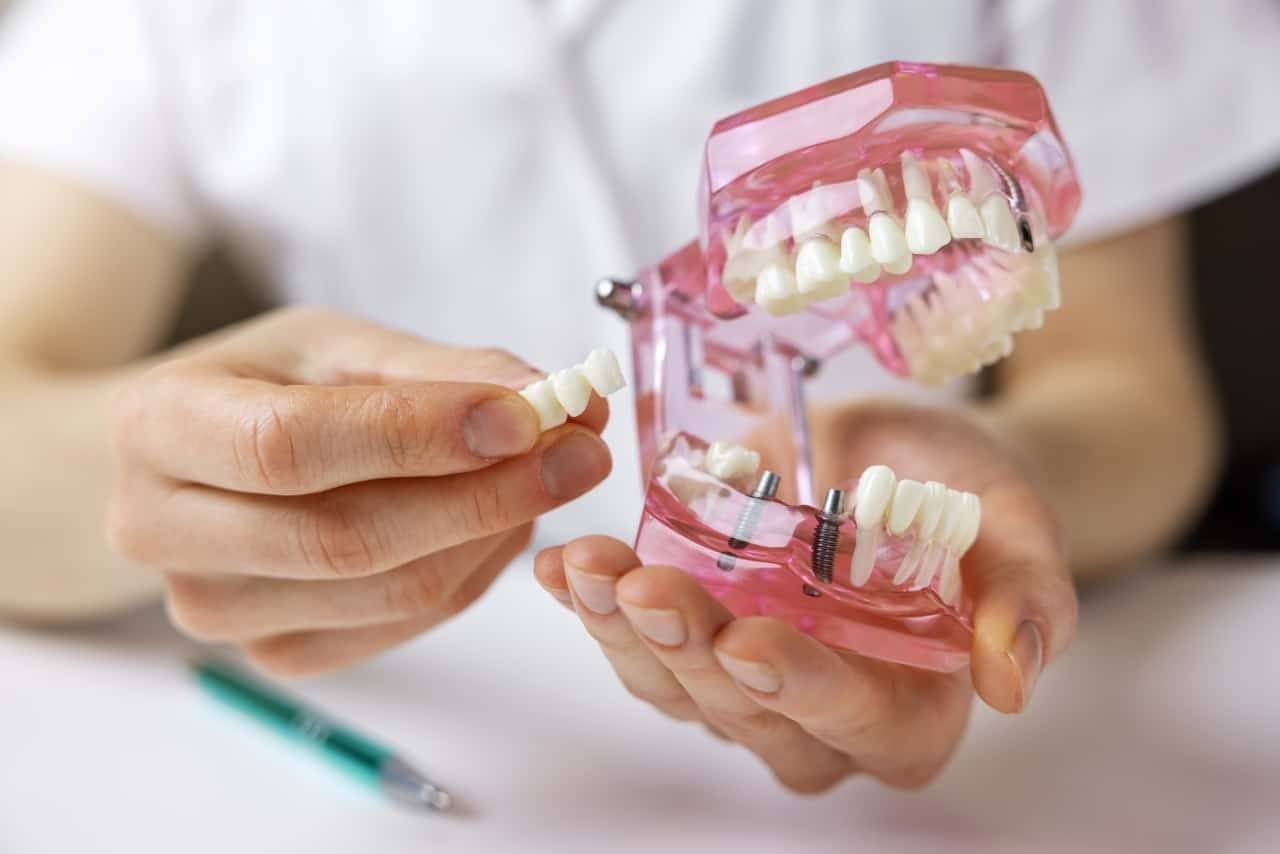
A severe case of tooth decay will lead not only to tooth loss but also affect quality of life. Other causes of tooth loss range from accidents to severe gum disease. That is why you should also pay attention to your oral health because, for one thing, oral treatments from professionals can be expensive.
If you have adjacent teeth that are still healthy, you are presented with several options to ensure that you will have a nice smile for the time being.
Replacing one or more teeth is also critical in ensuring that your healthy teeth will stay healthy, as well as in preventing health issues that will be caused by having a missing tooth.
Both dental implants and dental bridges present options for patients to replace missing teeth. Whether to replace a missing tooth or multiple teeth, each option has its merits and drawbacks.
However, the cost of either a dental implant or a dental bridge influences the decision of many patients.
In this article, we will focus on the value presented by these options to help you on your way once you discuss with your dentist what permanent solution is best for replacing missing teeth.
Comparison of Cost of Dental Bridge vs Implant
Generally, dental implants cost much more than dental bridges because of the complexity involved in dental implant procedures.
Aside from replacing missing teeth, preparatory steps, such as dental surgery, are required for dental implants. Because of these factors, the minimum cost of dental procedures varies a lot.
Cost Comparison of Dental Implants versus Bridges for A Missing Tooth
- Cost of Dental Implants: $4,000
- Cost of a Maryland Bridge (Resin-bonded): $1,000 to $2,300
- Cost of a Traditional Bridge (single-tooth bridge): $2,000 to $4,500
What Causes the Variation of Dental Bridge Cost?
Several factors influence the cost of dental bridges aside from the types of bridges dental practitioners offer:
- Number of missing teeth that need replacement, as well as their location in your mouth
- Material of the bridge (porcelain-covered metal alloy, composite resin, zirconia, etc.)
- Geographical location
- The reputation of the dentist
- Condition of the surrounding teeth, abutment teeth, or anchor teeth
In the case of traditional bridges, the cost varies greatly depending on the unit, that is, how many false teeth and anchor crowns are used.
For instance, a unit will only cost less than $1,000. However, for a three-unit cantilever bridge (1 false tooth and two anchor crowns for the teeth surrounding the gap), the cost could reach $4,000.
Why are Dental Implants Expensive Up Front?
As discussed earlier, the upfront cost of dental implants is much higher than dental bridges per tooth. However, the initial cost can be offset by having fewer maintenance requirements in the long run.
Nevertheless, depending on the patient’s condition and the state of health of their natural teeth, dental implants may cost up to more than $10,000. The factors that influence the cost of dental implants are the following:
- The complexity of the surgery, especially if a bone graft will be required
- Brand and material of the abutment, post, and dental crown
- How many teeth are replaced
- Geographical location
- The reputation of the oral surgeon
A single tooth implant typically costs around $4,000. This cost includes the crown and abutment to form an artificial tooth root.
For implant-supported bridges, the cost of two to six dental implants plus the dental bridge may be between $5,000 to $20,000 depending on the case’s complexity, which varies per patient. A three to four-unit bridge supported by two dental implants can reach between $5,000 to $15,000.
Implant dentistry presents good value to patients who seek help to replace multiple teeth. Though the healing process is longer and the upfront costs are higher than tooth bridges, patients will have something like a more natural tooth to replace the missing one.
Moreover, dental insurance can cover a substantial part of the cost of teeth implants and dental bridges. More expensive options, such as a dental implant bridge, are more affordable with the help of dental insurance plans.
Conclusion: Which Should You Choose?
Dental Implants: The best option if you can afford them.
Dental implants provide a more permanent solution to replace missing teeth. Moreover, they also provide the best results aesthetically. Though they are expensive up front, they will cost you less in the long term because they don’t need replacement as often as dental bridges do.
Best of all, a dental implant preserves the gum tissue and jawbone and won’t require altering healthy teeth.
Dental Bridges: A quicker solution while avoiding dental surgery
Not everyone can be a suitable candidate for a dental implant. Dental bridges present a viable option for replacing missing teeth for people with medical conditions that put them at risk of implant failure or have weak immune systems that won’t support their healing process after surgery.
To Help You Choose The Best Option, Call Dr. Harman Now!
Both bridges and implants have their own merits in replacing adult teeth. The best way to preserve your remaining teeth, tooth structure, and, thereby, your overall oral and physical health is to discuss your options with Dr. Harman, whether dental implant vs bridge.
Whether you require implant-supported dentures, a dental bridge, or any other tooth-replacement option, we will ensure that you have the ideal one.





